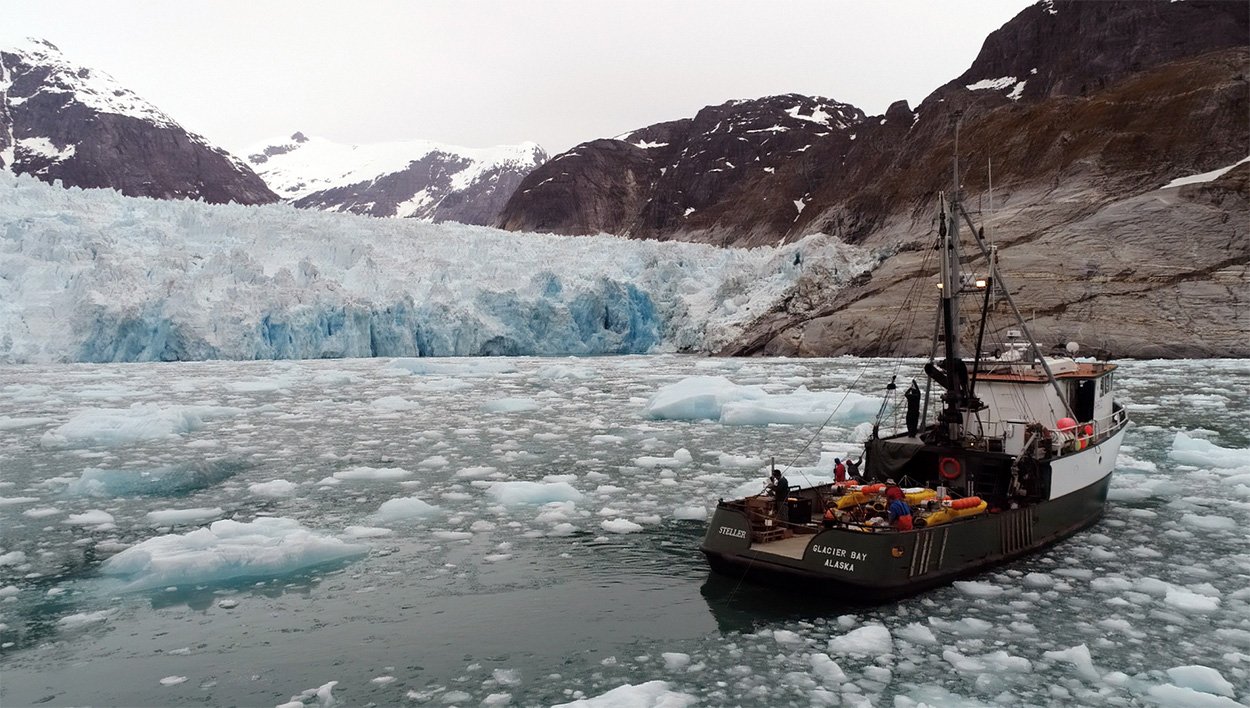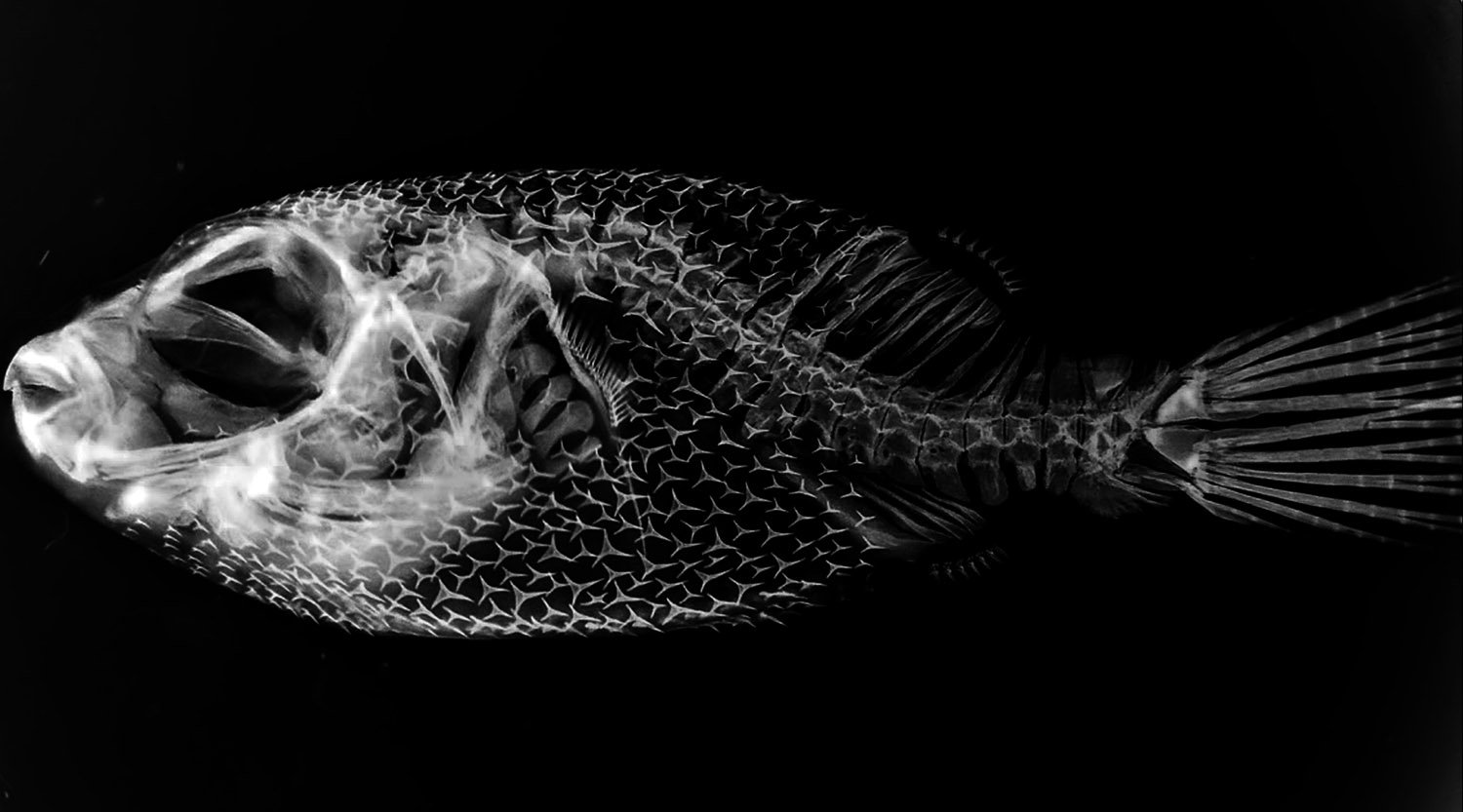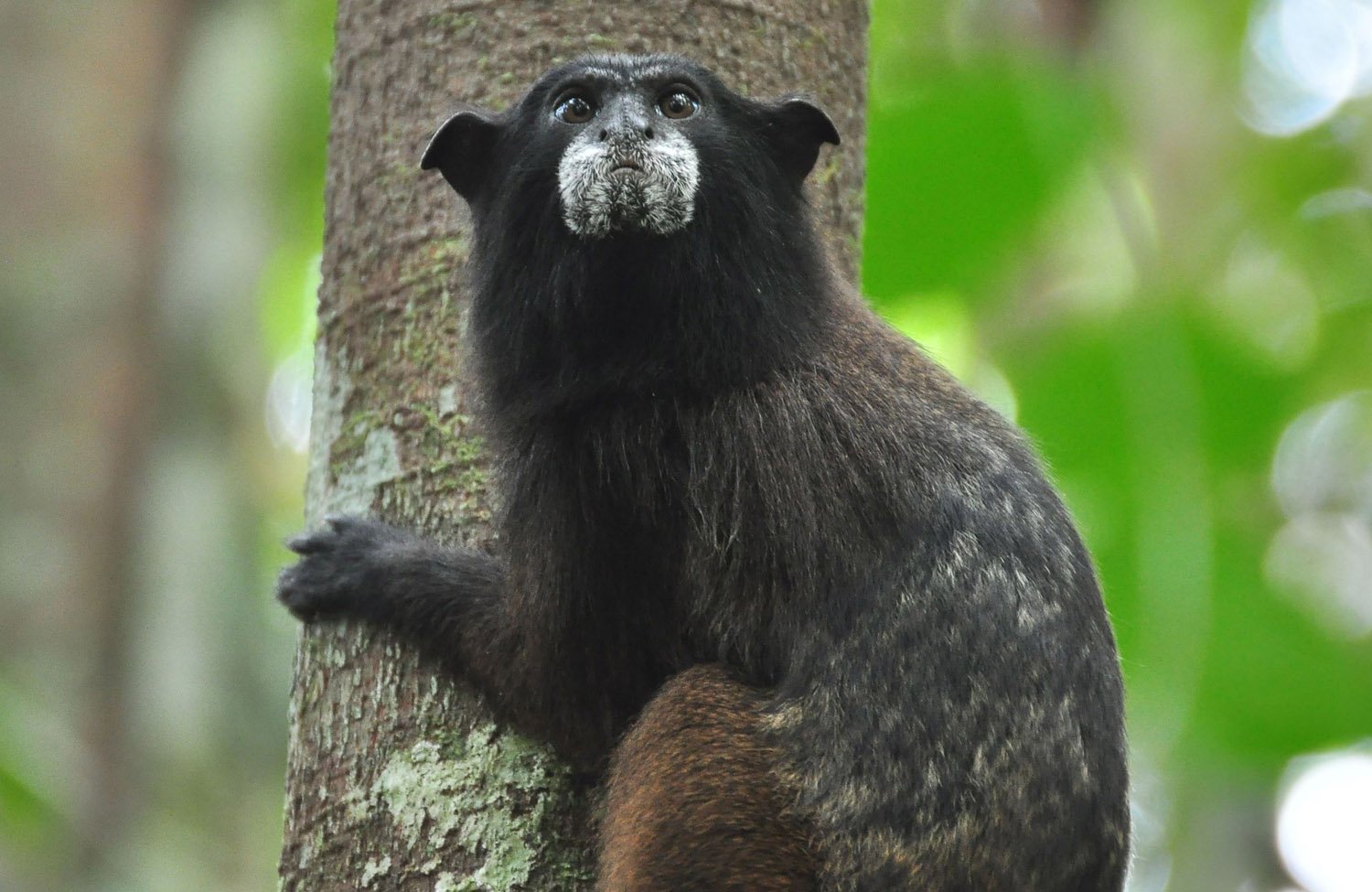Scalable global quantum gates on arbitrary ion-qubits
The ion-trap quantum computation research group led by Professor Kihwan Kim in the Center of Quantum Information, Institute of Interdisciplinary Information (IIIS), Tsinghua University, has recently proposed and successfully demonstrated powerful more than two-qubit quantum gate operations in a trapped ion system. The work “Quantum Simulation of the Quantum Rabi Model in a Trapped Ion” … Read more









